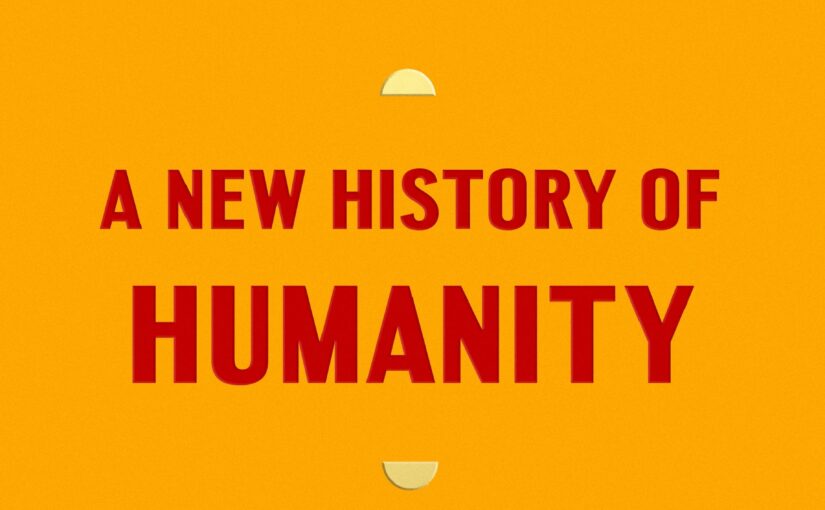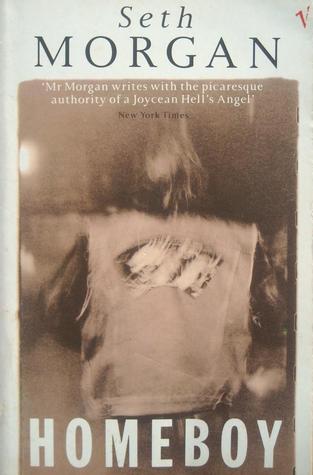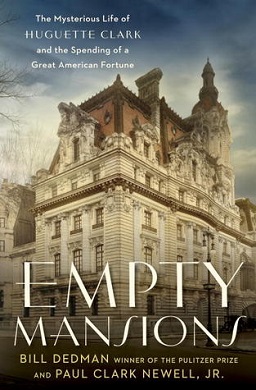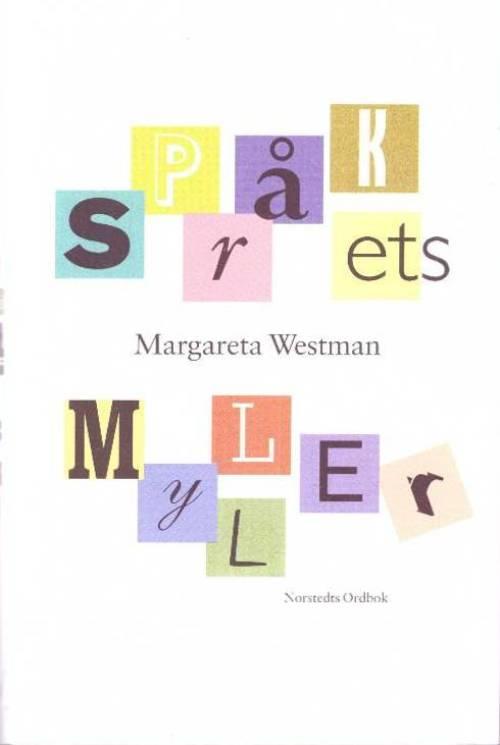Edited to add, 25 June 2024: while mine is a tiny voice in the discourse, it would be in poor taste of me to just sit here and idly dunk on this poetry without explicitly acknowledging the horrific violence and war crimes currently being committed against Palestinians in Gaza, or the long-standing conditions that have led to el Sousi and many, many others living in exile. My hot take on this poetry collection is still here, unedited, if you feel like reading it, but first please donate to the Palestine Children’s Relief Fund.
Thanks.
Somaya el Sousi was one of the writers featured in the flash fiction edition of Karavan, and one of the poets reading at Litteraturmässan, so that’s how I became aware of her. I picked up her slim Swedish collection, En flöjt av mörker, at Litteraturmässan in a fit of optimism. I had just read a whole book on how to read poetry metaphorically! Work was beginning to slow down! I could give this poetry collection my best college try and immerse myself in, according to the back of the book:
en berättelse där vi färdas genom tid och rum, och bortom tystnaden*
and fight alongside el Sousi in, quote:
kampen att vara sann mot sig själv som människa**
and bear witness to, quote:
hur samkönad kärlek kan gestaltas i sammanhang där den är förbjuden***
I really gave it my best possible try. I read things slowly, multiple times, out loud. I diligently looked up every unfamiliar word, and most of the vaguely familiar ones as well. It took ten years of collaborative work to translate the collection from Arabic to Swedish; el Sousi is a Palestinian refugee currently residing in Norway. I have mountains of respect for what she’s been through as a person and for the work it took to make this small volume of work available to me in Swedish.
And yet.
I’m still left feeling like the back-of-the-book description above is on par with a hackneyed description of a mediocre wine, and I pick that metaphor deliberately. A friend of mine was once asked to take over the tastings at a winery for a couple hours while the real owner had to run some kind of emergency errand. He and his companions made up the most ridiculous descriptions, really bonkers off-the-wall stuff, as they served wine they had only just tasted themselves to the guests arriving after them.
And the guests all went along with it. No one thought to question their authority or their presentation of the wine. The owner returned and took over tasting duties at an appropriate moment, and my friend’s group went on their way.
I get the impression that the same thing happens with any poetry that is still too new to have been put through the crucible of time to emerge either as a classic or just cruft. The owner is out to lunch and we have people who don’t know any better stringing together vague phrases and aphorisms to try to sell the product to us.
It’s either that, or I have to give up and admit that the problem is me.
*a story that takes us through time and space, beyond the silence
**the struggle to stay true to one’s self as a person
***how same-sex love can be depicted in an environment where it’s forbidden











